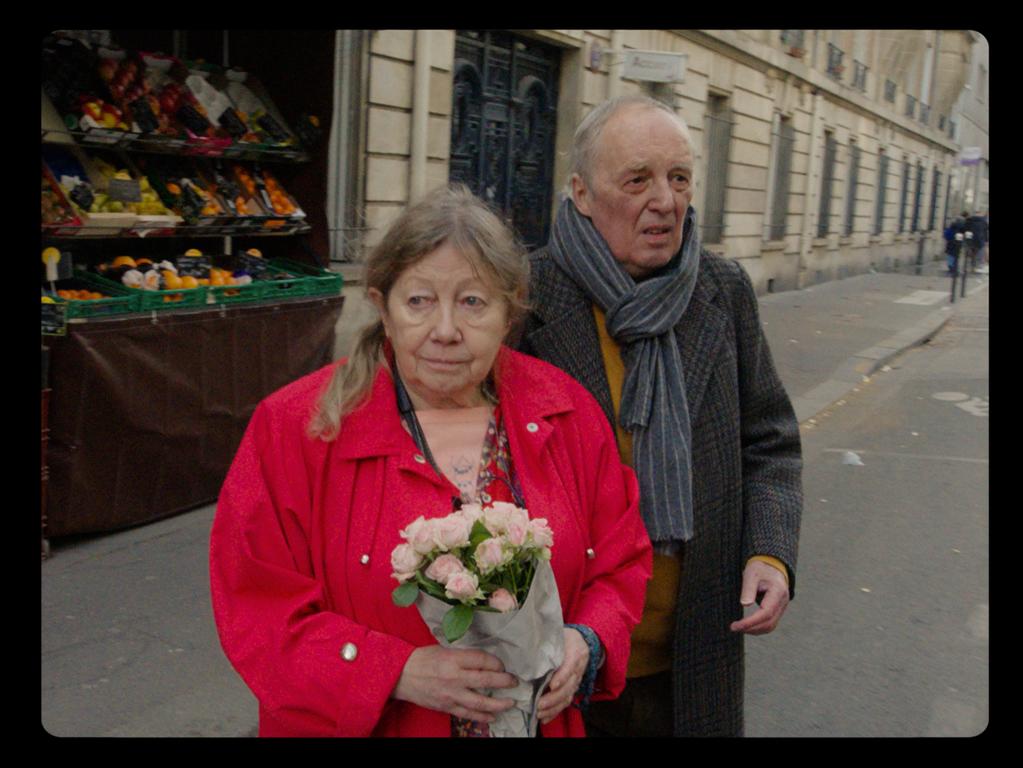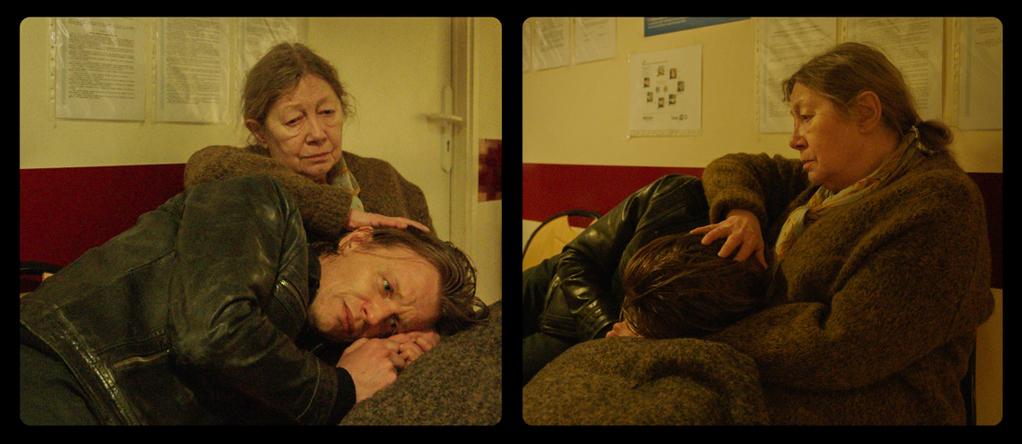The things which we create come from inside us. This is to say that the cosmic horror of H.P. Lovecraft, the dream worlds of Max Ernst and the electrifying drone metal of Sunn O))) are not conceptual objects independently brought into being by individuals, but rather reflections of the pre-existing inner landscape. They are facets of the universal, moulded into personal ideological forms. The cosmic and the internal, while not quite one and the same, are deeply interlinked.

At a pivotal moment in his new film, Vortex, Gaspar Noé prominently plays the final scene of Solaris on a flickering TV screen. And if any director understood the galaxy within, it was surely Tarkovsky. On the surface, his films – Solaris included – are largely earthy and naturalistic; at most lightly impressionistic in the hazy mode of mid-to-late 20th Century European cinema. Under the surface, however, lies a roiling ocean of existential dread, whirling in a terrible spiral towards an unknowable centre.
Vortex takes place almost entirely in a modest Parisian apartment cut off from the wider world, although it does occasionally spill out onto the surrounding side streets. Its protagonists are an unnamed elderly couple, played by acting legend Françoise Lebrun and giallo icon Dario Argento. The plot? They are both dying.

One of the key tenets of Solaris is the idea that external reality exists as a manifestation of the internal. In the film – particularly its conclusion – this is taken to a nightmarishly literal extent. In the world of Vortex, however, there is no such science-fictional shield; instead, our protagonists’ flat and possessions are suggested as extensions of their selves into the physical universe. In one telling scene, the father argues with his son over moving into a hospice because he will not be able to bring all his books. For him, the horror of being moved into a home lies not in the clinical import of that move, but rather in the loss of self that would come from losing the objects he has accumulated.
Noé’s characters inhabit a hermetic dream-world they’ve spent their entire lives building and have reached the point where they’re no longer sure where those lives end and life itself begins. One of several motifs repeated throughout the film – alongside an alarming visual hand gesture signifying mental decline – is an Edgar Allan Poe quote: “All that we see or seem/ Is but a dream within a dream”.

The entire thing also happens to take place in split-screen, which is much less of a gimmick than it might at first seem. Very quickly in this 140-minute odyssey, one acclimatises to the push and pull of the format and begins to sink into a hypnotic trance as if in a REM state, with both eyes drifting to differing beats. The effect is strange and effective, and warps the perception of time to the extent that the film feels of indeterminate length – leaving on unsure whether the thing lasted 90 minutes or 3 hours.
Ultimately, if Enter the Void was about the cosmos without, Vortex is about the cosmos within. This is a naturalistic piece of work that feels completely organic – Dario Argento’s non-actor-ness and the lack of any flashy cinematography make it at times feel more akin to a documentary than a fiction film. And yet, there it is – the same celestial swirl of existentialism one might expect from 2001 or, yes, Solaris. Noé’s is a vision of the ordinary human world concealing galaxies of light and colour and meaning and where, ashes to ashes, in old age we regress to the dream palaces of our childhood. Frightening, perhaps – but the world is a frightening place. Tragic, perhaps – but the world is also profoundly sad. And beautiful – oh so beautiful.
Vortex is out in cinemas now.
